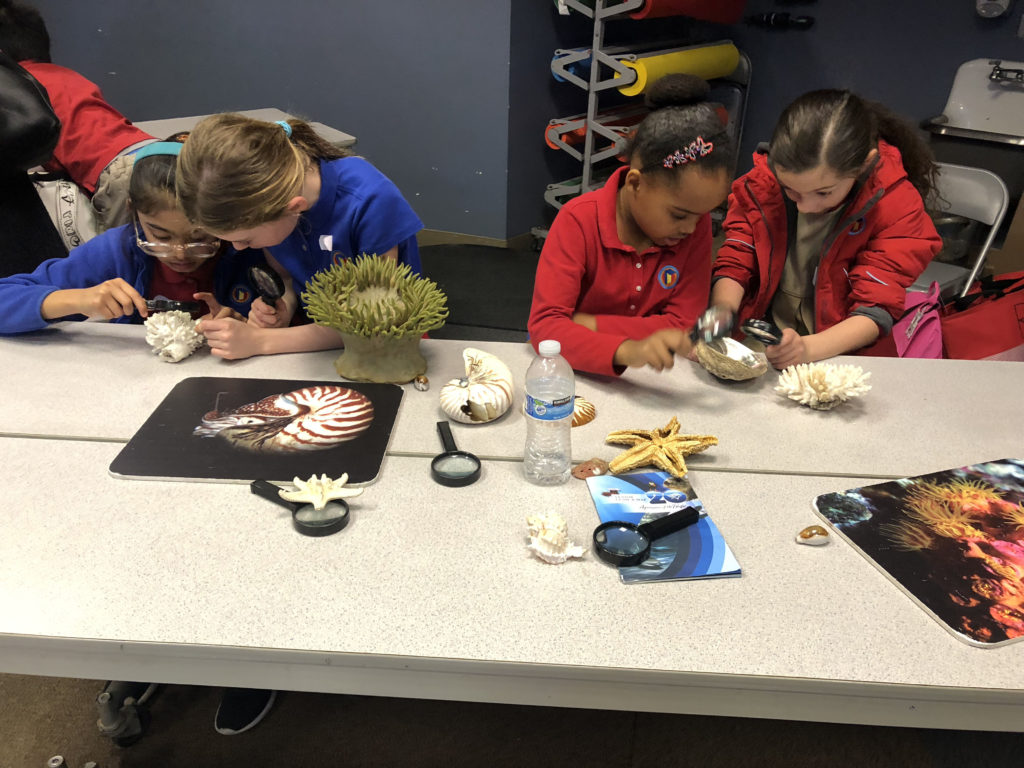UGA Today – Kathryn Kao

Teaching children how to think like a computer—or computational thinking—and equipping them with the skills to outthink the computer when problems arise, may be an effective way to help young students acquire the knowledge and skills to succeed in a range of STEM-related careers, including computer science. New research from the University of Georgia suggests that computational thinking in young children extends beyond the brain to include bodily movements and interactions with both people and tools in the environment to aid in effective problem solving.
Read More: https://news.uga.edu/childrens-problem-solving-extends-beyond-brain/
